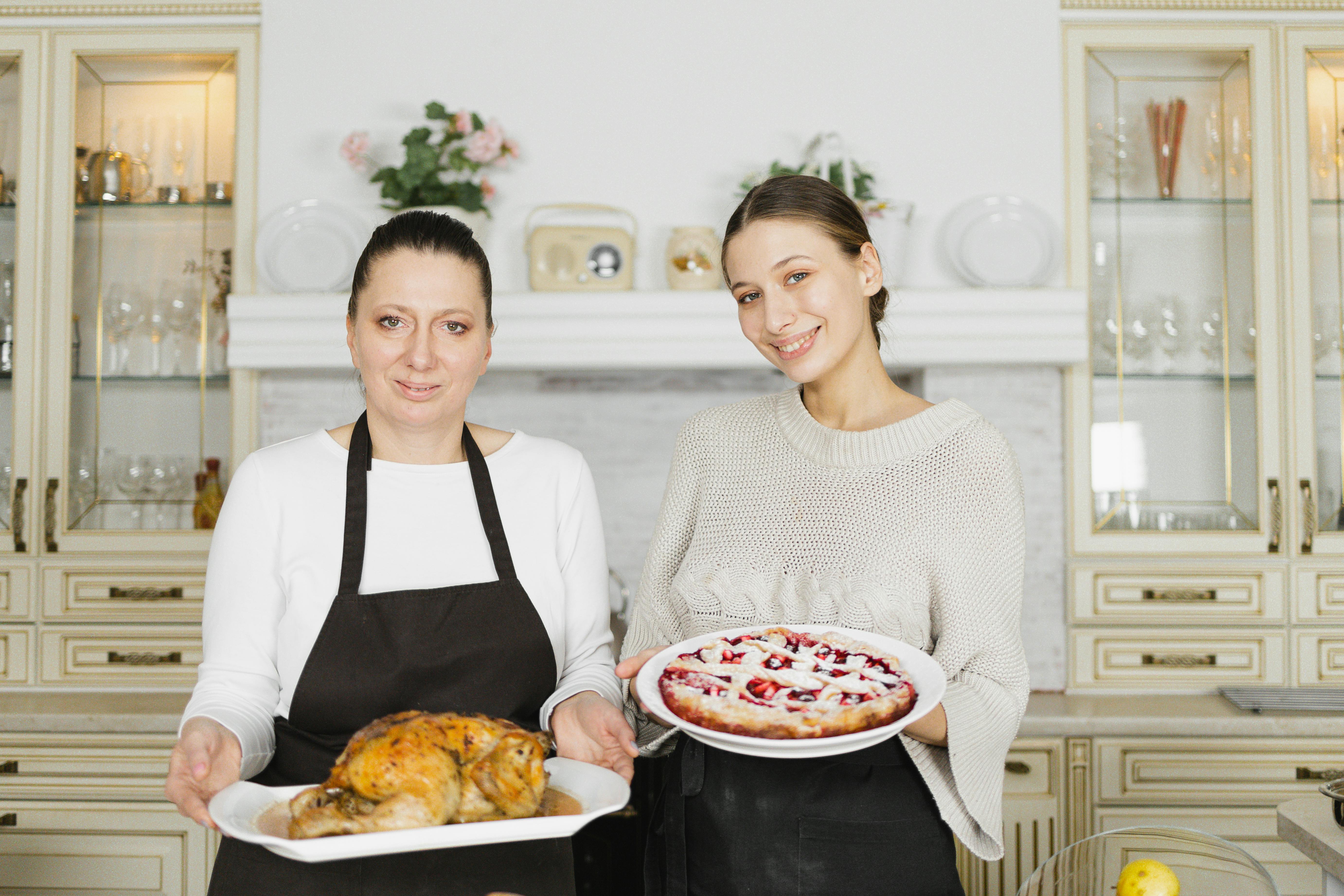Sustainable agriculture: definition and fundamental principles of it
The question is often asked: What is sustainable agriculture and how is it different from commercial agriculture? Sustainable agriculture means that everything that is grown, raised and cultivated on the farm is consumed by the inhabitants of the farm themselves. They are living off the land and providing all the food they need for their own consumption. In other words, they are pretty self-sufficient when it comes to what they eat. Therefore, you will often hear sustainable farming and self-sufficiency farming used interchangeably as they are the same thing. The size of the land they own is usually, but not always, quite small, compared to more commercially oriented farmers. Therefore, you will often hear these small farms referred to as mini farms.
Commercial farming, on the other hand, is where you grow crops and raise livestock for others in order to earn some money. It’s not that farming is a lucrative business to get rich, it’s not, but being a commercial farmer you farm with the intention of having an already known market, the knowledge of what the current prices are for your crops and animals and what niche market will give them a profit, both now and in the future.
The fundamental principle of sustainable agriculture: land management
First of all, as already mentioned, you don’t need a large piece of land to be self-sufficient. So how small is small? Well, one can become quite happily self-sufficient on an acre of land. An acre of land can be used to create a mini farm that will happily lead to self-sufficiency. However, because it is possible to practice self-sufficiency on small farms, land management becomes crucial. This then becomes the most important principle for sustainable farming and the creation of your mini farm. The key, of course, is in the word itself. sustainableit means to keep something going. If the land you use to farm is poorly managed, you will never be able to keep crops or animals at an acceptable level of productivity. Which will end up with sick and diseased plants and animals and your hopes of self-sufficiency will not be fulfilled.
Owning a mini farm, there needs to be a balance between the animals and the plants because ideally you want to create a food chain where each feeds each other. You need the manure from the animals to enrich the soil so that the soil can produce good crops, which in turn will go back to feeding the animals.
Crop rotation is also necessary. One cannot farm on the same piece of land year after year. Crops dressed like this soon weaken to disease. However, the problem does not stop here, what happens is that the disease organisms that attack that plant multiply to such an extent that eventually the disease becomes uncontrollable. So plan your small farm carefully and make sure that a part of the land is always kept fallow so that you can implement your crop rotation plan.
If you have animals on your mini farm, you can put them to good use by allowing them to manure your crops in a controlled manner. Animals need food, so why not let them into your crops but keep them inside a closed area? That way they are being fed, and at the same time fertilizing the land at the same time. Having chickens works very well. Not only do they fertilize the soil, but they also eat the bugs that may be destroying your crops.
Take a look at the land resources you have on your small farm and see how you can improve or use them. Do you have enough water on the property? If not, should I build a dam, and if so, where would be the best place to put it? Watering is important and you can’t rely on the weather these days. Also watch where the prevailing winds are coming from and plant trees here to create a protective barrier for your crops. Hedge replanting is a must for those interested in organic farming and nature conservation.
Many enthusiastic farmers pulled up miles of natural hedgerows in the 1980s and 1990s in England. After such a thoughtless decision of the consequences, which they later discovered that these had had many benefits. Not only did they help stabilize the soil and prevent soil erosion, but they were also a benefit in controlling insects and pests. These hedgerows are a natural habitat for many of England’s birds, insects and mammals and they have created the very ecosystem that has quietly been very beneficial to the farmers who owned them. Many of the birds, for example, had fed on the same insects which, after the hedge was destroyed, were spreading in large numbers, since the birds were no longer there to keep them in check. As a result, many farmers have now replanted the hedgerows. The inclusion of this example illustrates that as custodians of our planet, as farmers, we need to seriously deliberate about any changes we make to the land and ask ourselves if what we have planned to do will be harmful in any way.
Finally, there is the old adage, Don’t waste, don’t want. In sustainable farming and as mini farm owners, the key is not to waste. Don’t waste the natural resources you have. Do not miss the opportunity to recycle everything. Take your vegetable scraps and start a vermicomposting worm bin or start an open compost heap. When you’ve trimmed your trees and have grass clippings after mowing, add them to your compost. When you have animal manure, add that too, along with any post-slaughter animal waste or post-harvest crop residues. Don’t waste anything! The land can support you, even if you own a small farm, as long as you treat it well.
